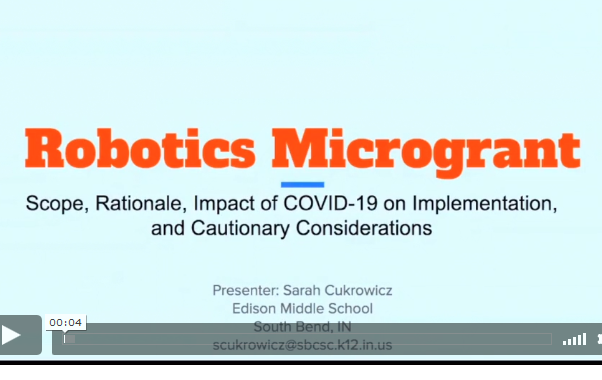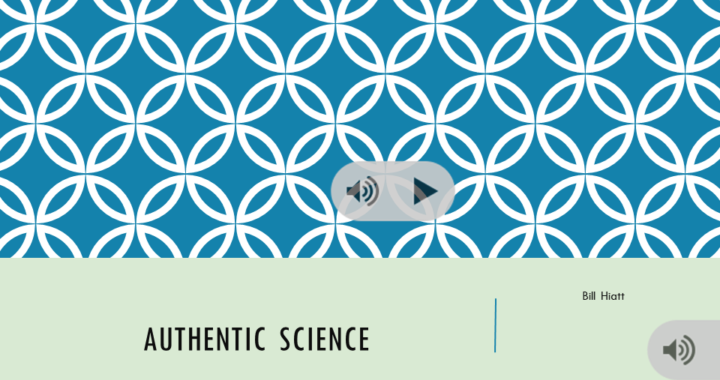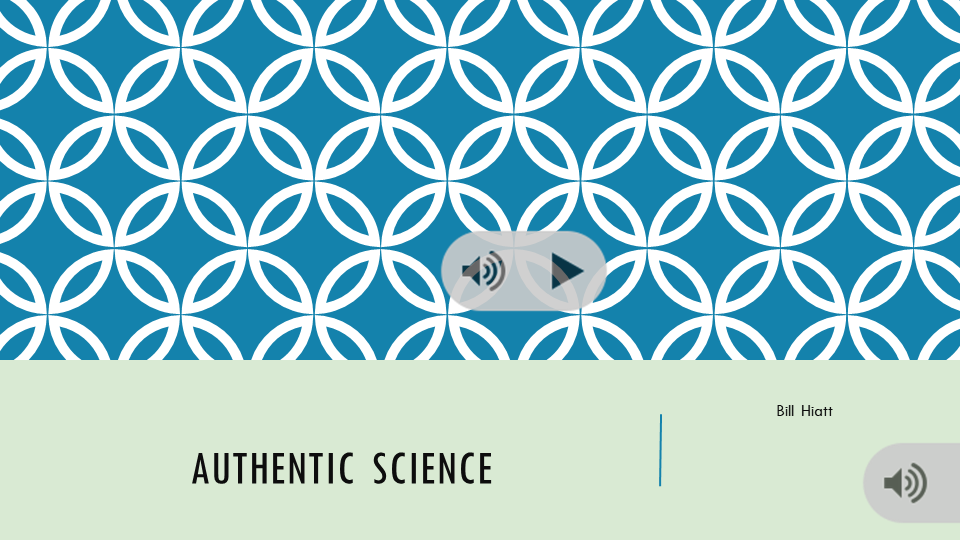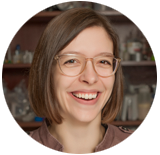PRESENTATION
BIOGRAPHY
Name: Sarah Cukrowicz
Project Category: STEM-Related Materials/Supplies
Project Description: By providing students the opportunity to interact with robotics in the science classroom, as part of their ordinary work, they will become increasingly familiar and interested in robotics as a possible career path. We have a Robotics Club in place to continue the interest, and we hope to expand the use of robotics to all branches of Science.
Teaching Subject: Science
MICROGRANT PROJECT ABSTRACT
Issues addressed: Robotics equipment, access, and familiarity.
Topic: Students in predominantly low-income minority schools generally lack access to resources that their counterparts at other schools have ready access to. Providing robotics equipment through the microgrant gives students a chance to become comfortable and familiar with robotics in their daily lives.
Rationale: In my life and teaching, I’ve seen the consequences of disparate opportunities. I decided I would give my students tools to thrive in the future they’re being given. All signs show robotics is a low risk, high reward way to increase their abilities, readiness, and 21st Century skills for the future.
CLASSROOM PROFILE
- Students taught: 140-150
- Student demographics: 52% African American, 18% Caucasian, 20%Hispanic, 7% Multiracial, and 2% Asian (Vietnamese),1% Native American
SCHOOL PROFILE
- Medium-sized school
- Urban
- Traditional Public School
- Number of enrolled students: 450
- Free/Reduced lunch eligible: 83%
- Demographics: African American 50%, Caucasian 25%, Hispanic 15%, Multiracial 8%, Asian (Vietnamese) 2%






